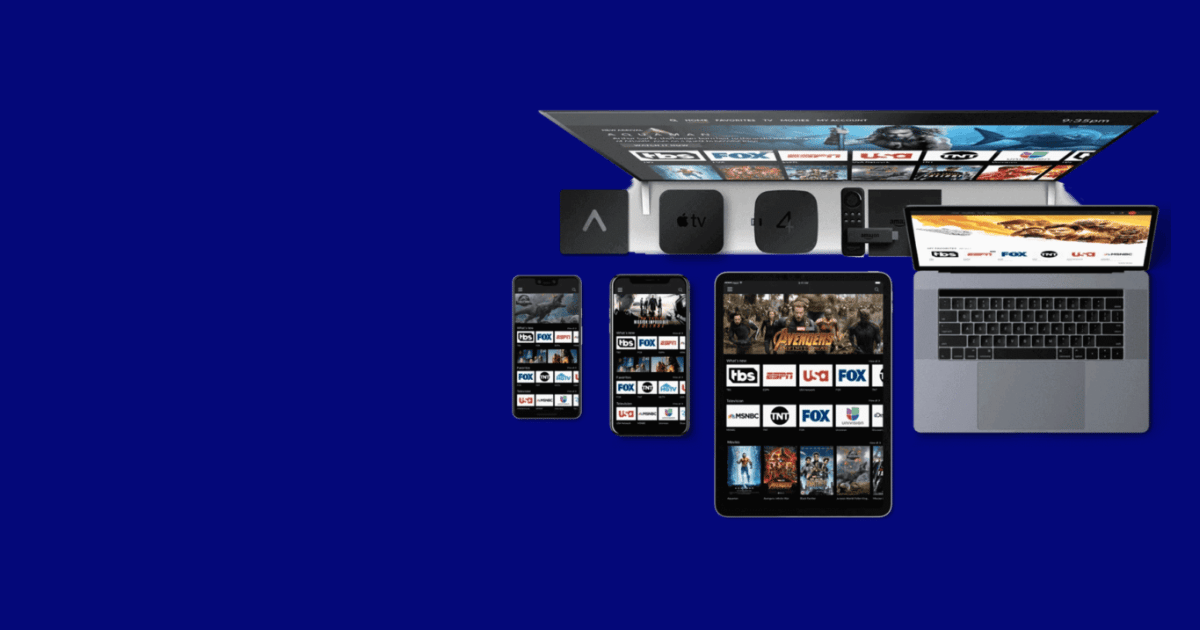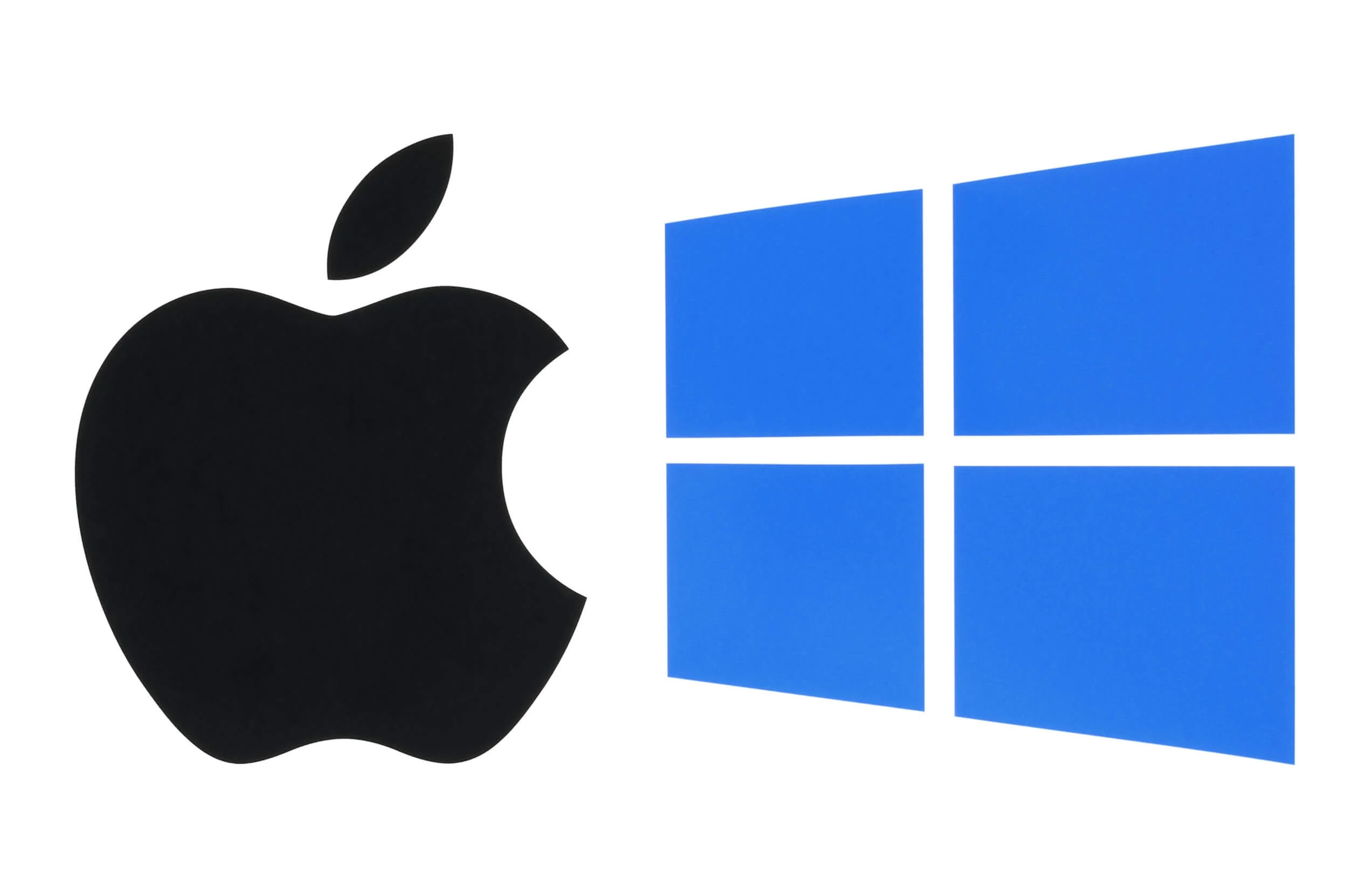
USA IPTV
22k+
Channels
200k
TV Episodes
80k+
Movies
9k
24/7 Channels
24 / 7
N. America Support
Our Services
How Can We Help You for USA IPTV
We provide comprehensive USA IPTV solutions tailored to meet your unique viewing preferences and technological requirements. Our expert team ensures seamless integration, high-quality streaming, and ongoing support to enhance your entertainment experience.

USA IPTV Services
Our USA IPTV services offer a wide range of reliable streaming, and exceptional customer support to elevate your television viewing experience.

Canada IPTV Services
Our Canada IPTV services deliver diverse content and robust technical support, ensuring an exceptional and reliable viewing experience.

Mexico IPTV Services
Our IPTV Mexico services provide a comprehensive selection of channels, seamless streaming quality, and dedicated customer support.

UK IPTV Services
Our IPTV UK services offer an extensive range of channels, and expert customer support to ensure an exceptional viewing experience.

Caribbean IPTV Services
Our Caribbean IPTV services provide a rich variety of channels, exceptional streaming quality and customer support for an outstanding viewing experience.

Latino IPTV Services
Our Latino IPTV services offer an extensive selection of channels, high-definition streaming, and dedicated customer support.
Live movies and sports. On-Demand Video. And Every TV You Could Desire.
Enjoy live movies and sports, on-demand video, and a comprehensive range of TV channels tailored to your preferences. Our IPTV services ensure superior streaming quality and seamless access to your favorite content. With robust customer support, we provide an exceptional viewing experience for all your entertainment needs.
USA IPTV Works With:

ANDROID TV

FIRESTICK TV

PC & MAC

MOBILE DEVICES
Our Portfolio
Our USA IPTV Service
Our USA IPTV service offers a cutting-edge entertainment experience with a diverse selection of channels, including live sports, movies, and on-demand content






What Our Client Says
Creating a catchy and memorable tagline is crucial for marketing cleaner services. Here are some tagline ideas that emphasize cleanliness
“The catchup tool is quite useful and amazing.“

Anthony Squires
Business Owner
“Even on my mobile devices, the streaming quality is reliably excellent.“

Liyaza Turner
Property Manager
“The service is excellent, and I highly suggest it to all of you.“

John Lewis
Architect
Latest USA IPTV Blogs
-

–
Kool IPTV – Best Stream 1,000+ Live TV Channels Worldwide
Read more: Kool IPTV – Best Stream 1,000+ Live TV Channels WorldwideKool IPTV is a popular IPTV service known for its fast and stable servers located worldwide. Offering…
-

–
Best USA IPTV – Best Quality Streaming
Read more: Best USA IPTV – Best Quality StreamingIn the rapidly evolving landscape of entertainment and media consumption, IPTV (Internet Protocol Television) has emerged as…
